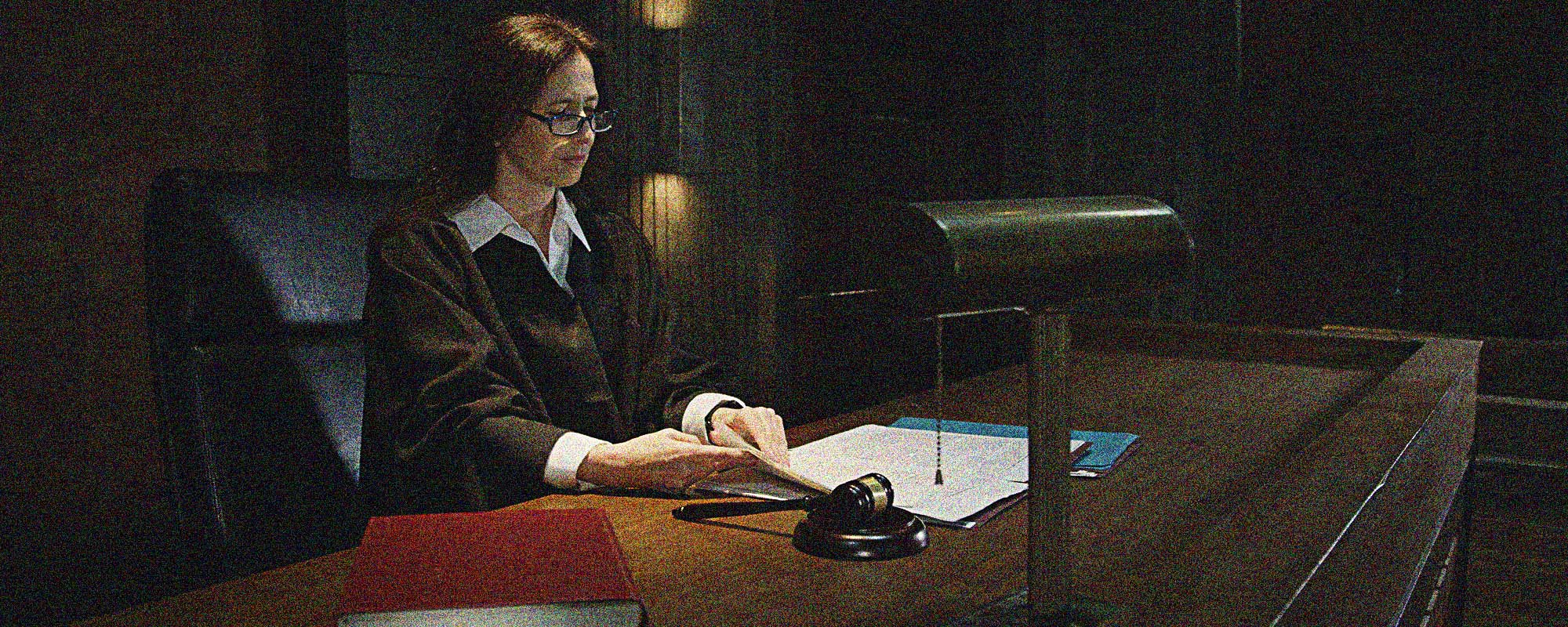The CCLA has been granted leave to intervene before the Supreme Court of Canada in R. v. Wilson, on appeal from the Court of Appeal for Saskatchewan. This appeal concerns the interpretation of s. 4.1(2) of the Controlled Drugs and Substances Act. Section 4.1(2) is a provision that exempts individuals from being charged or convicted of certain drug and substance offences if they are seeking emergency medical care for themselves or another person. The main issue in this case is whether police can still lawfully arrest an individual for the exempt offences, even if they cannot be charged or convicted.
The CCLA will make two submissions about the correct approach to statutory interpretation. First, the CCLA will argue that remedial provisions – like s. 4.1(2) – should be given a large and liberal interpretation informed by social context, which in this case includes the crisis of opioid-related deaths. This is especially so where the purpose of a provision is achieved by limiting criminal liability. Second, the CCLA will argue that the impact of s. 4.1(2) on the power of arrest must be assessed in light of the power’s significant impact on a person’s physical and psychological integrity and on vulnerable persons.
You can read our factum here.
The CCLA is grateful for the excellent pro bono representation of Sarah Rankin and Heather Ferg of McKay Ferg LLP in this case.
About the Canadian Civil Liberties Association
The CCLA is an independent, non-profit organization with supporters from across the country. Founded in 1964, the CCLA is a national human rights organization committed to defending the rights, dignity, safety, and freedoms of all people in Canada.
For the Media
For further comments, please contact us at media@ccla.org.





